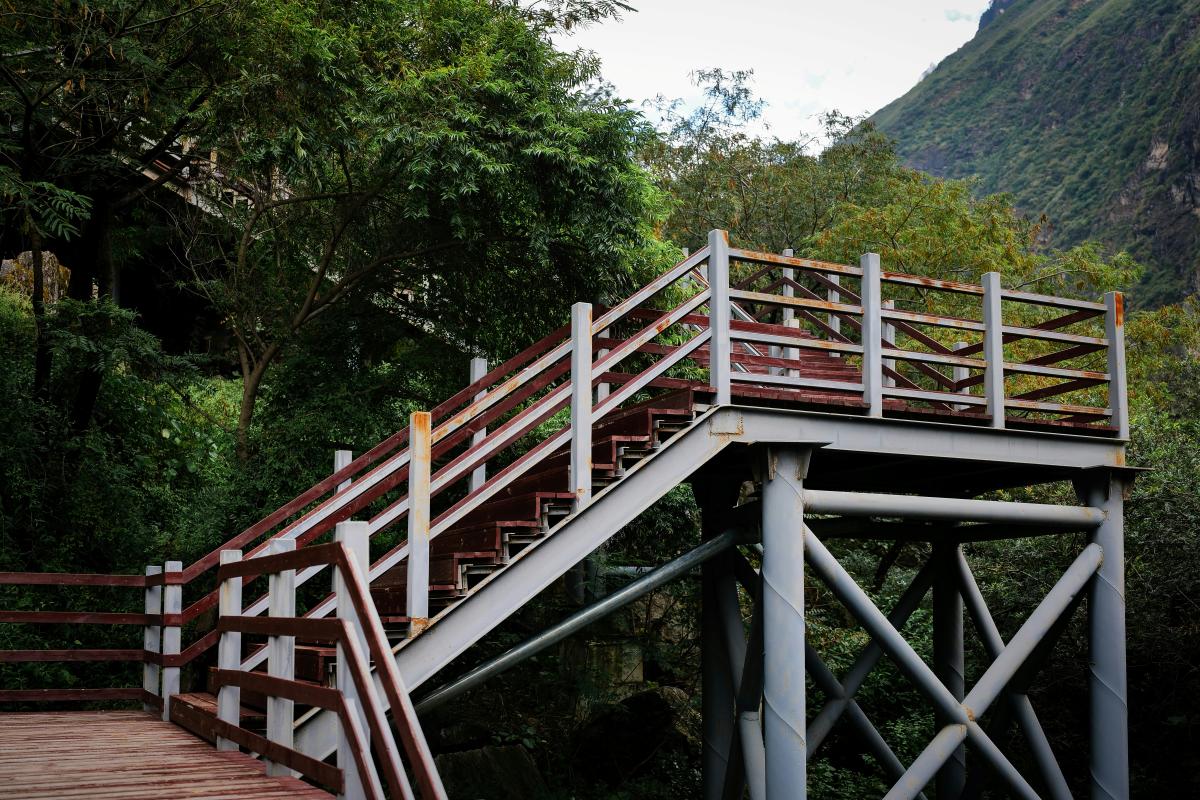Welding in coastal regions brings unique challenges—salt air, high humidity, and constant exposure to moisture can wreak havoc on metal structures. At Kings Mobile Welding, we specialize in on-site AWS D1.1-certified welding and fabrication across Hampton Roads and the surrounding areas, so we know firsthand how to combat corrosion in harsh coastal environments.
Why Coastal Environments Are So Tough on Metal
Steel and aluminum structures near the ocean are constantly exposed to salt-laden air, which accelerates oxidation and pitting corrosion. According to Red-D-Arc, salt particles carry chlorides that act as electrolytes, attacking weld joints faster than inland conditions.
Additionally, TWI Global explains that weld metal and heat-affected zones (HAZ) can develop different microstructures than the base metal, leading to localized corrosion at the weld itself. Combined with high humidity and fluctuating wet/dry cycles, this creates a perfect storm for metal deterioration.
Best Practices for Welding in Coastal Environments
1. Choose the Right Materials
- Opt for marine-grade stainless steel (316L or duplex) for superior chloride resistance.
- For carbon steel, ensure a robust coating and maintenance plan is in place.
- Avoid dissimilar metal contact to reduce galvanic corrosion (see Nature.com).
2. Design Welds for Drainage & Access
Coastal structures benefit from continuous welds, smooth contours, and designs that prevent water trapping. The Whole Building Design Guide (WBDG) recommends avoiding skip welds and lap joints that collect saltwater. Good weld geometry also allows for even coating coverage.
3. Use Proper Welding Techniques
- Stick with low-hydrogen processes to minimize cracking.
- Thoroughly clean the weld zone before and after welding to remove spatter and contaminants.
- Grind and polish weld beads so coatings adhere uniformly.
- Ensure complete fusion and sound weld quality—defects quickly become corrosion points.
4. Apply Marine-Grade Coatings
Immediately after welding and cleaning, use epoxy primers, zinc-rich coatings, or galvanizing for protection. As Caltrans Corrosion Guidelines emphasize, the coating must maintain even thickness over welds, edges, and corners—thin or skipped areas lead to early failure.
For extreme salt exposure (such as docks, barges, or shipyard work), consider cathodic protection systems to further slow corrosion.
5. Inspect and Maintain Regularly
Routine inspections are essential. Look for rust bleed-through, coating blistering, or crevice corrosion near welds. According to TWI Global, regular maintenance and NDT inspections extend service life dramatically.
Serving Coastal Clients Across Hampton Roads
Kings Mobile Welding provides on-site field welding and fabrication services throughout the coastal Virginia region, including:
- Newport News, VA
- Hampton, VA
- Norfolk, VA
- Virginia Beach, VA
- Chesapeake, VA
- Portsmouth, VA
- Suffolk, VA
- Williamsburg, VA
- Yorktown, VA
We frequently work on marine fabrication, dock reinforcement, handrails, and coastal facility repairs, combining corrosion-resistant welding with structural integrity.
Summary: Protect Your Welds from the Start
To extend the lifespan of coastal weldments:
- Select corrosion-resistant materials.
- Design and execute welds to minimize water traps.
- Use marine-grade coatings immediately after welding.
- Maintain, inspect, and recoat regularly.
Whether you manage a shipyard, marina, or waterfront facility, our team at Kings Mobile Welding is equipped to help you maintain long-lasting, corrosion-resistant structures.
